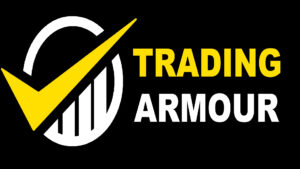Financial literacy is the foundation of financial success. At Trading Armour, we believe that everyone deserves access to the knowledge and tools necessary to make informed financial decisions. In this blog post, we’ll break down the key concepts of financial literacy in simple language, empowering you to take control of your financial future.

VISIT TO GET THIS ADVANCED TRADING ARMOUR :- http://www.tradingarmour.com
What is Financial Literacy?
Understanding the Basics Description: Financial literacy refers to the ability to understand and manage your finances effectively. It encompasses essential skills such as budgeting, saving, investing, and managing debt. By mastering these concepts, you can make informed decisions about your money and achieve your financial goals.
Budgeting Made Simple
Creating a Spending Plan Description: Budgeting is the cornerstone of financial literacy. Start by tracking your income and expenses to gain a clear picture of your financial situation. Then, create a budget that allocates your income towards essential expenses, savings goals, and discretionary spending. By sticking to your budget, you can avoid overspending and build a solid financial foundation.
Saving for the Future
Building Your Financial Safety Net Description: Saving is essential for achieving financial security. Set aside a portion of your income each month for emergencies, future goals, and retirement. Consider automating your savings by setting up direct deposits or automatic transfers to a dedicated savings account. By making saving a priority, you can build a financial safety net to protect against unexpected expenses and achieve your long-term objectives.
Understanding Debt
Managing Debt Wisely Description: Debt can be a double-edged sword. While it can enable you to achieve important goals, such as buying a home or pursuing higher education, it can also become a burden if not managed properly. Understand the different types of debt, such as credit card debt, student loans, and mortgages, and develop a plan to pay off high-interest debt first. By reducing your debt load, you can improve your financial health and free up resources for other priorities.

